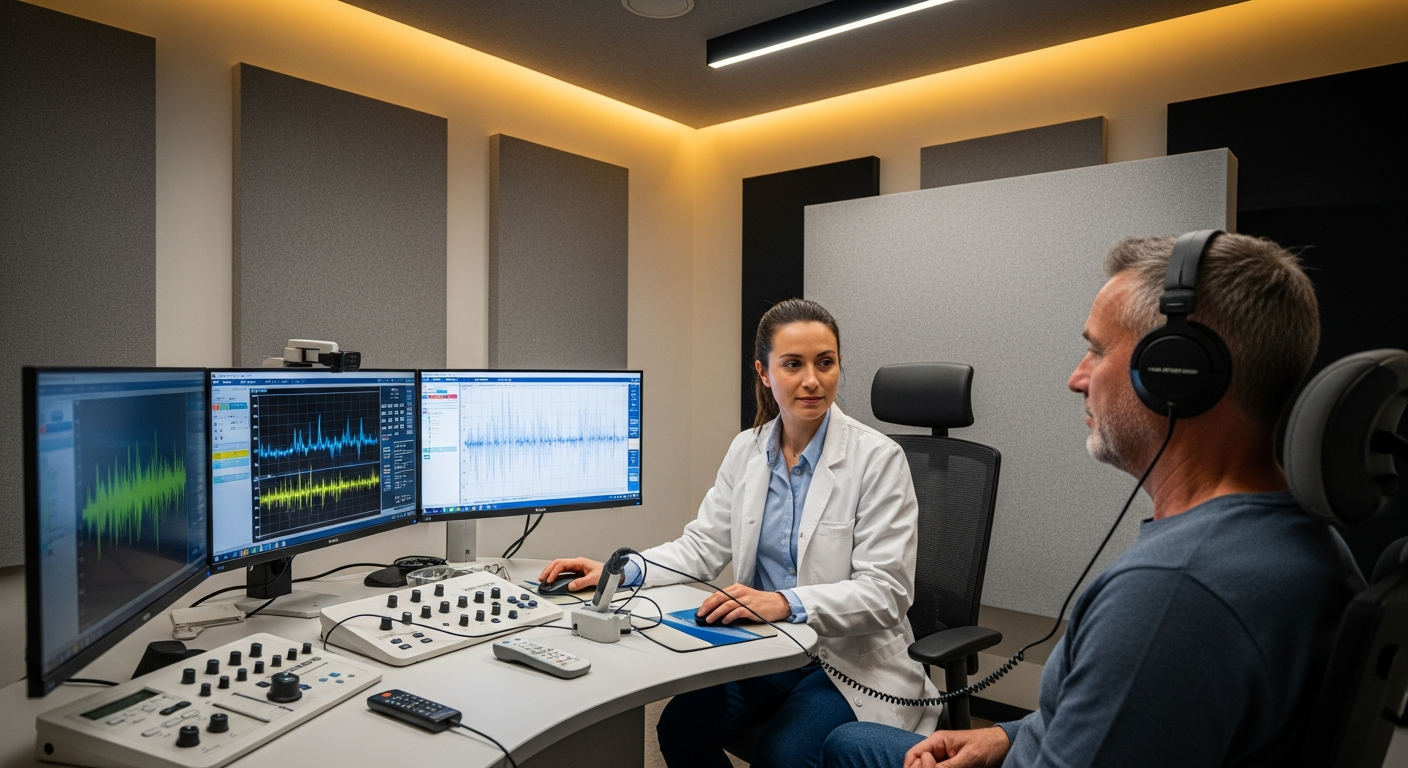Nutrigenomics: Personalizing Nutrition Through DNA
The intersection of nutrition and genetics has given rise to a groundbreaking field known as nutrigenomics. This innovative approach to dietary science explores how our genetic makeup influences our response to different foods and nutrients. Nutrigenomics aims to tailor dietary recommendations to an individual's unique genetic profile, potentially revolutionizing the way we think about nutrition and health. By understanding the complex interplay between genes and diet, researchers hope to develop personalized nutrition plans that can optimize health outcomes, prevent diseases, and even slow the aging process. As this field continues to evolve, it promises to reshape our understanding of the age-old adage "you are what you eat" into a more nuanced "you are what your genes say you should eat."

Key Principles of Nutrigenomics
At its core, nutrigenomics is based on the principle that different individuals may respond differently to the same nutrients due to variations in their genetic makeup. These genetic variations, known as single nucleotide polymorphisms (SNPs), can affect how the body metabolizes nutrients, absorbs vitamins and minerals, and responds to dietary compounds. For example, some people may have genetic variations that make them more sensitive to caffeine, while others may have a reduced ability to metabolize certain types of fats. By identifying these genetic differences, nutrigenomics aims to provide tailored dietary advice that takes into account an individual’s unique genetic profile.
Applications in Disease Prevention and Management
One of the most promising applications of nutrigenomics is in the prevention and management of chronic diseases. Research has shown that certain genetic variations can increase the risk of conditions such as type 2 diabetes, cardiovascular disease, and certain types of cancer. By identifying these genetic risk factors, nutrigenomics can help individuals make targeted dietary choices to mitigate their risk. For instance, individuals with a genetic predisposition to high cholesterol may benefit from a diet rich in omega-3 fatty acids and low in saturated fats, while those with a higher risk of osteoporosis might be advised to increase their intake of calcium and vitamin D.
Personalized Weight Management Strategies
Weight management is another area where nutrigenomics shows significant potential. Traditional approaches to weight loss often adopt a one-size-fits-all mentality, but nutrigenomics suggests that the effectiveness of different diets can vary greatly depending on an individual’s genetic makeup. Some people may respond better to low-carbohydrate diets, while others might find more success with low-fat approaches. By analyzing genetic markers related to metabolism, appetite regulation, and fat storage, nutrigenomics can help tailor weight loss strategies to an individual’s unique genetic profile, potentially leading to more effective and sustainable results.
Enhancing Athletic Performance Through Genetic Insights
The world of sports and fitness has also begun to embrace nutrigenomics as a tool for optimizing athletic performance. Genetic testing can reveal information about an individual’s muscle fiber composition, aerobic capacity, and recovery rates, allowing for the development of personalized training and nutrition plans. For example, athletes with certain genetic variations may benefit from higher protein intake to support muscle growth and recovery, while others might need to focus on specific micronutrients to enhance their endurance. This personalized approach to sports nutrition has the potential to give athletes a competitive edge and reduce the risk of injury.
Challenges and Ethical Considerations
Despite its promise, nutrigenomics faces several challenges and ethical considerations. One of the primary concerns is the complexity of gene-nutrient interactions. While certain genetic variations have been linked to specific nutritional needs, the interplay between genes and diet is highly complex and not fully understood. This complexity makes it difficult to translate genetic information into clear, actionable dietary advice in all cases. Additionally, there are concerns about data privacy and the potential misuse of genetic information. As nutrigenomics becomes more widespread, it will be crucial to establish robust ethical guidelines and regulatory frameworks to protect individuals’ genetic data and prevent discrimination based on genetic information.
The Future of Nutrigenomics
As research in nutrigenomics continues to advance, the field is poised to play an increasingly important role in preventive healthcare and personalized medicine. Future developments may include more sophisticated genetic testing methods, improved algorithms for interpreting genetic data, and the integration of nutrigenomics into mainstream healthcare practices. Some experts envision a future where dietary recommendations are as personalized as prescription medications, with individuals receiving tailored nutrition plans based on their genetic profile, lifestyle factors, and health goals.
In conclusion, nutrigenomics represents a paradigm shift in our approach to nutrition and health. By harnessing the power of genetic information, this emerging field has the potential to revolutionize the way we eat and manage our health. While challenges remain, the promise of truly personalized nutrition offers exciting possibilities for improving health outcomes, preventing diseases, and optimizing human performance. As research in this field continues to evolve, nutrigenomics may well become an integral part of our approach to health and wellness in the 21st century.




